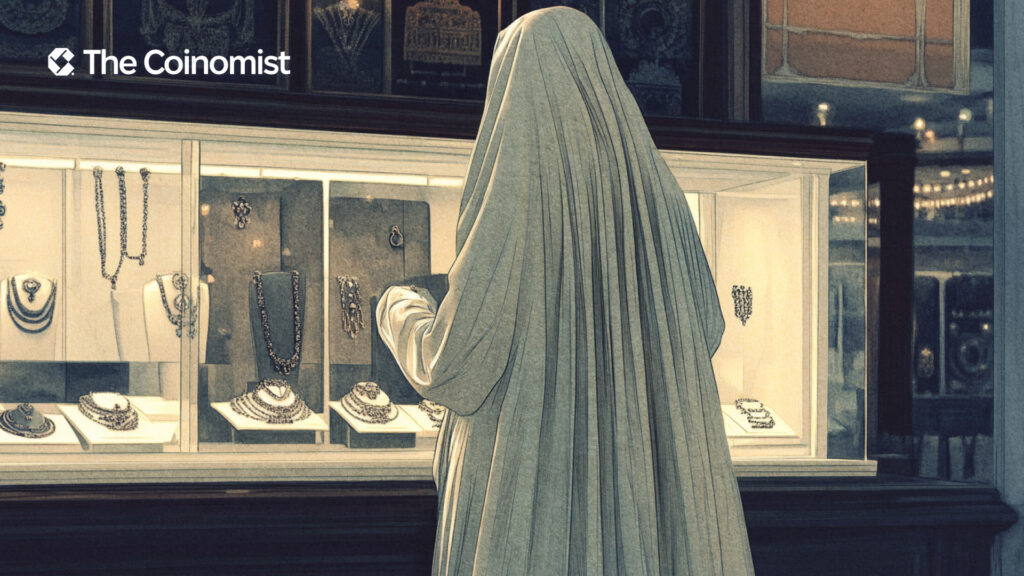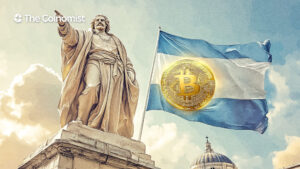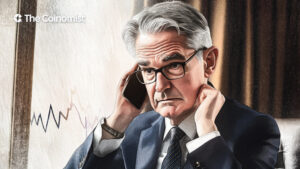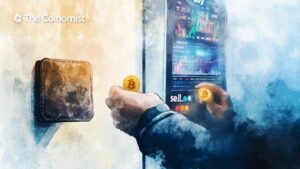Where to Spend Your Crypto Daily in Dubai: From Food to Fashion

Living for cryptocurrency in Dubai has become a real experience by 2025. Discover how to use your digital assets for food, shopping, and daily essentials in this futuristic crypto city.
On this page
Dubai greets visitors with gleaming skyscrapers and scorching sun, but beneath the luxury lies something deeper—a city where cryptocurrency transforms ordinary spending into a seamless digital lifestyle.
If you're dreaming of living for cryptocurrency in Dubai, this emirate has everything to make it possible—from morning coffee to high-end shopping, all paid with a single tap. The shift began in 2017, when Dubai-based company OneGram launched a gold-backed, Sharia-compliant cryptocurrency. Although the project failed and exited the market within three years, it was enough to spark Dubai’s appetite for digital assets. Since then, the expansion of the digital economy across the UAE has become unstoppable.
So, how does it all work in practice? Let’s take a closer look.
Food and Dining: Enjoying the Taste of Dubai with Crypto
Living for cryptocurrency in Dubai starts with your morning coffee. Bake N More, a café in the Al Quoz district, pioneered this space by accepting crypto since 2019 via POS systems integrated with the Mixin Network. For instance, you can pay for coffee and a croissant in seconds (around 20–30 AED or $5.44–$8.17) just by scanning a QR code and enjoying your breakfast.
For burger lovers, Doge Burger (a memecoin-inspired brand named after Dogecoin) offers delivery and accepts crypto as payment. A burger costs around 35–50 AED ($9.52–$13.61). The payment system supports Bitcoin, Ethereum, XRP, and Dogecoin.
Even traditional upscale restaurants have joined the movement. For example, CÉ LA VI, a French fine-dining spot located at Address Sky View, accepts cryptocurrencies like Tron, Bitcoin, and USDC. Dinner with a stunning view of the Burj Khalifa typically costs 200–300 AED ($54.47–$81.70) per person.
Street food vendors are getting on board as well. Bhukkad Café, an Indian eatery in Al Karama, accepts cryptocurrency through BitPay for dishes like pani puri. Meals typically cost between 15–25 AED ($4.08–$6.80), and you can pay quickly by scanning a QR code using BTC or stablecoins.

Fashion and Shopping: High Style with Cryptocurrency
Dubai is a luxury hotspot, and a crypto wallet, especially one holding BTC, gives you access to everything from high-end boutiques to mass-market retailers.
At Mall of the Emirates, retail giant Majid Al Futtaim partners with Binance Pay to enable crypto payments at boutiques like Gucci, where a handbag can cost around 5,000 AED ($1,361), or Rolex, where a watch might run 20,000 AED ($5,445).
A quick QR code scan at the POS terminal, and a luxury item is yours.
At Dubai Mall, the world’s largest shopping center, Crypto Desk helps customers spend crypto at dozens of stores, from Zara and Bershka to Louis Vuitton. Even jewelers like Damas Jewellery accept Bitcoin and Ethereum via NOWPayments. You can easily buy a gold gift for someone special using any hardware wallet. Moreover, Bitrefill offers gift cards specifically for use at these jewelry stores.
For streetwear enthusiasts, Level Shoes at Dubai Mall lets you shop for sneakers and apparel using crypto through BitPay.
In the Deira district, Dubai’s famous Gold Souk is also integrating crypto payments. Some jewelers now accept USDT and BTC for gold chains, using mobile POS systems. These iconic handmade pieces from the Emirates have become accessible to those living for cryptocurrency.

For shoppers looking for something truly unique, The Luxury Closet offers pre-owned designer pieces. A nearly-new Chanel bag for $3,000 might just be waiting for your satoshis.
Related: From Bitcoin to Birkin—Luxury Brands Go Crypto
Everyday Essentials: From Rent to Transportation
Living for cryptocurrency in Dubai isn’t limited to food and shopping. With One Click Drive, you can rent cars like a Lamborghini or Tesla and pay in either crypto or fiat. The platform features a built-in crypto payment gateway that instantly converts your digital assets.
Crypto debit cards such as the Binance Visa Card and Crypto.com Card make everyday spending even easier. Just load your digital assets onto the card and use it at any store or ATM that accepts Visa. Cash withdrawals in AED typically come with a fee of 20–50 AED ($5.44–$13.61), depending on the provider.
Even flights are now crypto-compatible. Since 2022, Emirates Airlines has accepted BTC and stablecoins for ticket purchases, so you can pay for a trip from London to the UAE (around 2,000 AED or $544.57) directly from your crypto wallet.

Related: Why Are Travel Companies Tokenizing Their Services?
Key Considerations for Crypto Tourists in Dubai
According to Coin Crowd, Dubai is rapidly integrating cryptocurrency thanks to support from the Virtual Assets Regulatory Authority (VARA) and the absence of capital gains taxes—factors that continue to attract millionaires and digital nomads alike.
More than 14 restaurants and dozens of shops already accept crypto payments, and platforms like NOWPayments make it easy for businesses to integrate digital currencies into their POS systems.
Still, if you're planning to explore this crypto-forward city, here are a few tips to help make your experience as smooth and seamless as possible.
Tips for Living for Cryptocurrency in Dubai
- Keep a crypto debit card handy. Binance Card or BitOasis Card can be your best friends for daily spending.
- Set up QR scanner apps. Make sure your wallet app (like Trust Wallet) is ready to scan QR codes at checkout.
- Watch the exchange rate. Before making larger purchases, always check the current value of your crypto, as volatility can catch you off guard.
- Know where crypto is accepted. Look for “Crypto Accepted” signs in high-traffic areas like Downtown Dubai or DIFC.
By 2025, living for cryptocurrency in Dubai has become a practical, everyday experience. However, this haven for crypto enthusiasts may soon start closing its doors.
According to Financier Worldwide, the UAE is currently operating under the Payment Token Services Regulation (PTSR), which will take full effect once the transition period ends in July 2025.
After that date (unless lawmakers extend the deadline), merchants will no longer be allowed to accept unlicensed stablecoins that aren't pegged to the dirham. This shift could restrict crypto usage in Dubai unless vendors adjust to using newly licensed tokens.
The content on The Coinomist is for informational purposes only and should not be interpreted as financial advice. While we strive to provide accurate and up-to-date information, we do not guarantee the accuracy, completeness, or reliability of any content. Neither we accept liability for any errors or omissions in the information provided or for any financial losses incurred as a result of relying on this information. Actions based on this content are at your own risk. Always do your own research and consult a professional. See our Terms, Privacy Policy, and Disclaimers for more details.
























